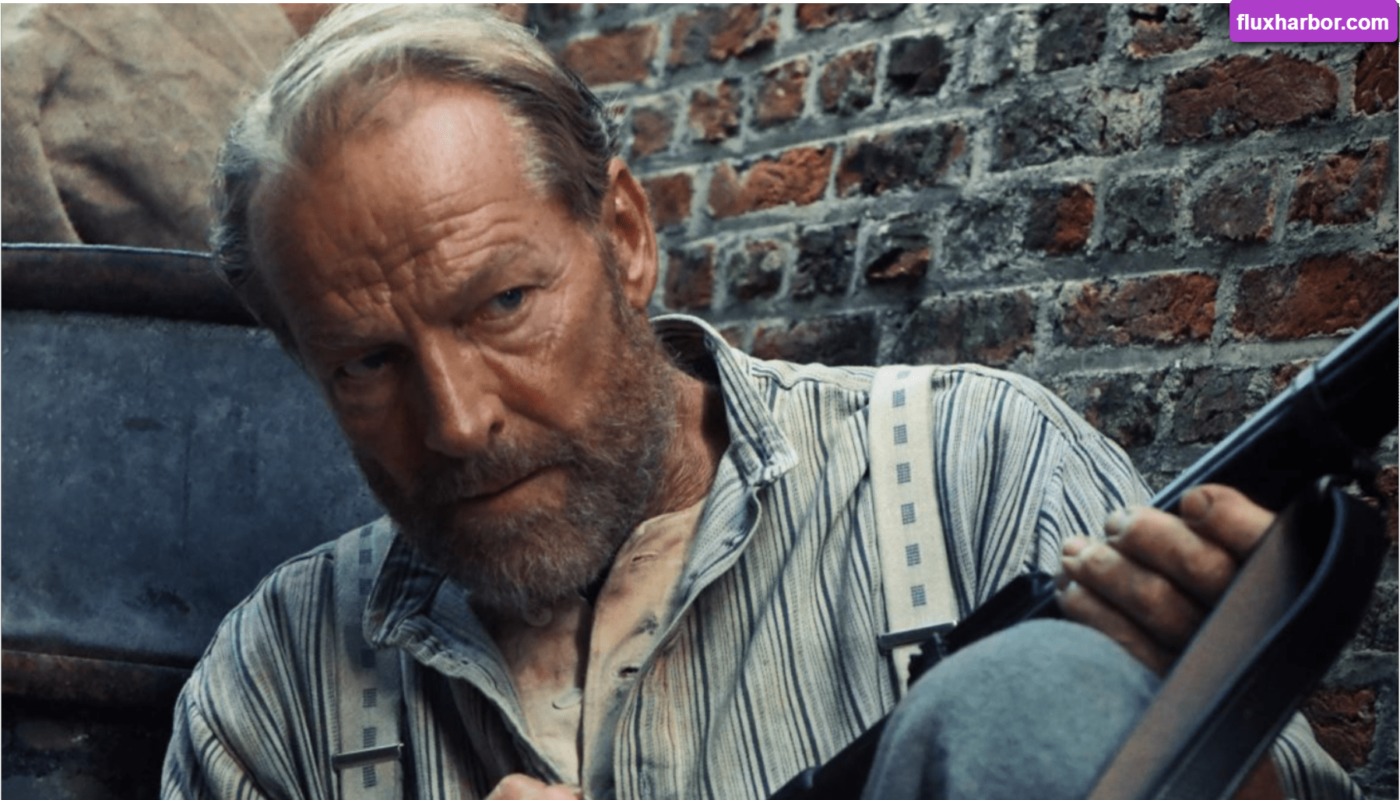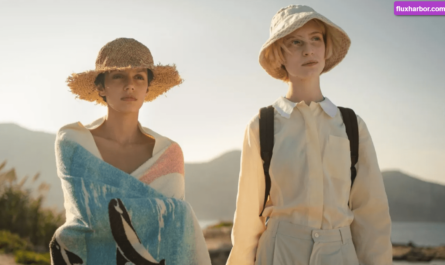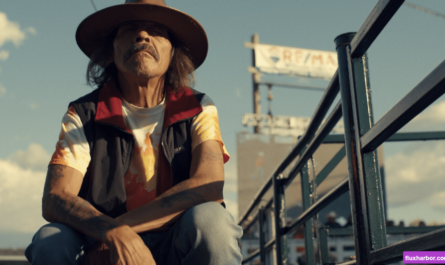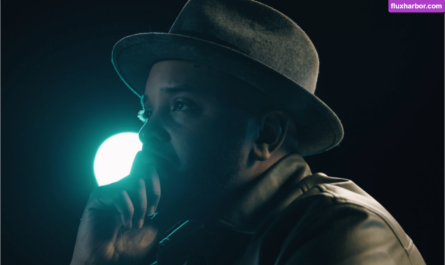The Last Front Review: Over the last decade, following the centennial of World War I’s onset, the global film industry has been replete with new interpretations of trench warfare and personal heroism across Europe and beyond. From the UK’s Academy Award-winning 1917 to Germany’s award-winning remake of All Quiet on the Western Front, and even France’s lesser-known Au revoir là-haut (See You Up There) and Latvia’s Dvēseļu putenis (Blizzard of Souls), it has been exciting to watch each nation bring its history of this tragic war to life through cinema. Julien Hayet-Kerknawi attempts to present the Dutch experience in his sophomore feature, The Last Front—to some extent.
Although the film is set in the writer-director’s Belgian homeland, the primarily English and Scottish cast ultimately causes the movie to falter where its counterparts succeeded. There is a noticeable disconnect between the story and the cast’s accents, which repeatedly disrupt immersion. Belgium boasts a thriving film industry and numerous actors who have made their mark in mainstream Hollywood, making it even more puzzling that The Last Front chose to portray this inherently Belgian story with actors barely attempting to disguise their native accents, and at worst, using accents that come across as caricatures of both Dutch and German languages.
The Last Front (2024)
Drama | Action | History
The Last Front is set during the early days of World War I and follows Leonard, a widower and farmer turned war hero, as he leads his family and villagers to safety amid the chaos of the German invasion of Belgium.
Release Date: August 9, 2024
Director: Julien Hayet-Kerknawi
Cast: Sasha Luss, Leander Vyvey, Iain Glen, Joe Anderson, David Calder, Julian Kostov, Koen De Bouw, Philippe Brenninkmeyer
Runtime: 98 Minutes
Main Genre: Drama
Writers: Julien Hayet-Kerknawi, Kate Wood
‘The Last Front’ Fails to Confront the True Horrors of War
Set during the early days of World War I, The Last Front features Iain Glen as Leonard Lambert, the patriarch of a small family of farmers living just outside an idyllic Belgian village. The film effectively establishes the Lambert family’s dynamics early on, including Leonard’s son Adrien’s (James Downie) forbidden love affair with Dr. Janssen’s (Koen De Bouw) sweet-natured daughter Louise (Sasha Luss); Leonard’s grief over his late wife that colors his reaction to this tender romance; and the sibling dynamics between Adrien and his younger sister Johanna (Emma Dupont).
There is much to appreciate in the first thirty minutes of the 98-minute film, which may be intentional. The script, co-written by the director and Katie Wood, shines when it focuses on the humanity of its characters, exploring why the audience wants them to survive the conflict we know is coming. Their hopes and dreams are meticulously developed in these early moments, making it all the more tragic when they are cut down in their prime.
As The Last Front delves into the Lamberts’ lives, the film also begins to depict a far more dysfunctional family dynamic within the German army, as Commander Maximillian (Philippe Brenninkmeyer) grapples with the tragic failure of his son, Lieutenant Laurentz (Joe Anderson). While this juxtaposition works on the surface, it falters upon closer examination, as Laurentz and Maximillian are mere caricatures. Even as antagonists, they lack depth or purpose beyond being adversaries for Leonard. The audience is told how to feel about them, rather than being led on a journey to those feelings.
The script takes the easy route by turning these men into cartoonishly violent imbeciles instead of confronting the reality that they weren’t all soulless monsters, especially not so early in the war. Other war films from the same era have done a better job of portraying the uncomfortable duality within “the bad guys” without reducing them to farcical characters. While trench warfare and the rapid mechanization of armies led to unimaginable horrors, the true horror of World War I was how quickly “ordinary men” could descend into barbarism against their fellow man.
‘The Last Front’ Is a Failed Study of “Show, Don’t Tell”
The film’s dialogue is similarly plagued by clunky pseudo-philosophical monologues that seem better suited for inspirational quotes in a home office. Where All Quiet on the Western Front masterfully examined the poignant discord between nature’s beauty and the chaos of human warfare, The Last Front relies on long-winded exposition set against sunbeams filtering through trees that neither advance the narrative nor leave the audience with much to ponder.
A failed attempt at “show, don’t tell” at every turn. Most egregious is the third-act philosophical discourse given to Sasha Luss’s character, which appears out of nowhere and ultimately undermines the emotional struggles her character is grappling with. Even Glen’s character ends the film with somber soliloquies about Leonard’s deceased wife, adding nothing to the central plot except another name to the long list of “Lost Lenores” in cinema.
Hayet-Kerknawi has an eye for finding beauty through the camera lens, but The Last Front is a film filled with visually stunning shots that fall apart when asked to become more than just a beautiful still life. It’s frustrating to see such a talented (albeit miscast) ensemble squandered by an unfocused script and unremarkable story. Beneath the haze of self-importance, there is a compelling human drama at the heart of The Last Front, but it skirts around what makes it truly engaging.
Despite its stylistic missteps and lack of substance, The Last Front is still a watchable and nearly enjoyable war drama. Iain Glen delivers a strong lead performance, even when the material doesn’t fully support his talent, and the cast does their best despite feeling out of place within this narrative.



